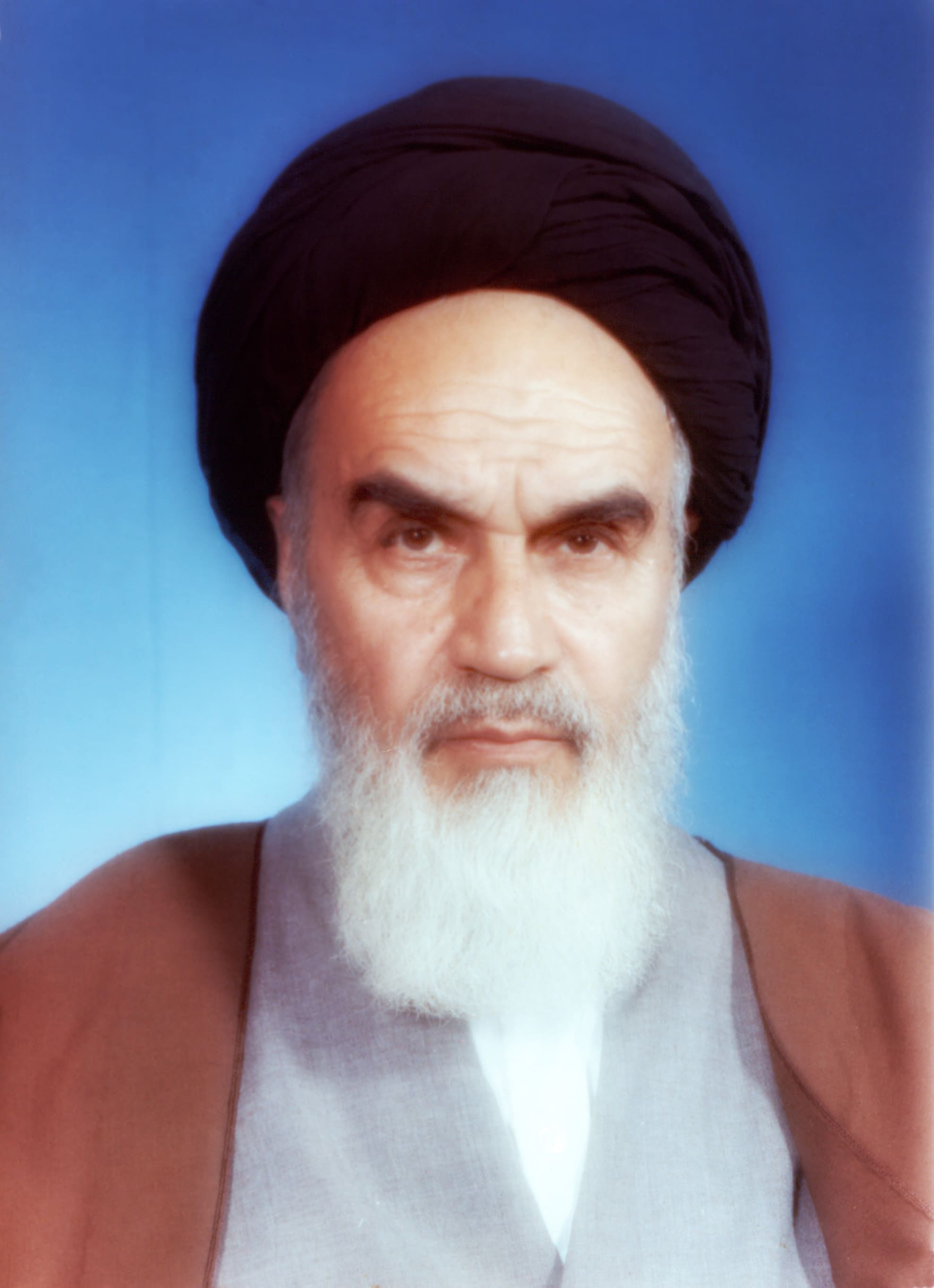“Expectation of the Millennium: Shi'ism in History” is
a collection of scholarly articles on the history and theology of Twelver Shia
Islam. One of the editors is Seyyed Hossein Nasr, otherwise best known as a
prominent expositor of the Traditionalist school associated with René Guénon
and Frithjof Schuon. The collection is very eclectic with a super-scholarly
bent. It's not easy reading, the difficulty compounded by the fact that most of
the articles are really excerpts from longer works. You have to have a
near-scholarly interest in Shia Islam, or a lot of divine patience, to sift
through this material. Despite its voluminous character, it often feels like a
“teaser” rather than the real thing.
The texts I found most useful were those dealing with 20th century Shia Islam in Iran, including articles on Ruhollah Khomeini and Ali Shariati. The contributors argue that Ayatollah Khomeini changed Shia Islam on a number of fundamental points, turning a quiescent and conservative creed into a revolutionary movement under the leadership of the “faqih” or jurisconsul, who holds absolutist political and religious power in post-revolutionary society.
I'm not sure if I buy this, though, since other texts in this volume clearly show that revolution under the leadership of infallible Imams was part of Shia Islam already during the Middle Ages. The 16th century Safavid state in Iran was theocratic (albeit with the theocratic power in the hands of Shahs rather than Imams or ayatollahs) and waged jihad to extend the faith. The Shia clergy in Iran played an important role in political protests against the Shahs and Western powers already during the 19th century. This, too, is covered in this collection.
I rather get the impression that Khomeini simply took these tendencies one step further. More intriguing is the observation that Khomeini was inspired by Sunni fundamentalists, and that his message could be seen as a peculiar form of Muslim ecumenism. For instance, Khomeini didn't explicitly anathematize Abu Bakr, Omar and Uthman, three early Caliphs recognized by Sunnis but not by Shias. As for Ali Shariati, the contributors argue that this ostensibly anti-Western Muslim philosopher was really a modernist strongly inspired by Marxism and existentialism. His ideas do sound suspiciously similar to those of Mujahedeen Khalq, an originally socialist Muslim movement which opposed both Reza Pahlavi (the last Shah) and Ayatollah Khomeini.
Another section I found interesting was “Messianism and the Mahdi”, which discusses the prophecies concerning the return of the Hidden Imam at some length. (The Hidden Imam or Mahdi is the Messianic savior figure of Twelver Shia Islam.) They say that the Mahdi will appear in Mecca and proceed to demolish the Kaba, then rebuilding it in the original form it had during the days of Adam! Sunnis and Zaydis (a competing Shia faction) will be put to the sword.
The article on the Shia view of jihad was also revealing, since it says that a holy war can be declared against other Muslims who refuse to recognize the authority of the Imam, i.e. Sunnis or competing Shia factions. I used to think that the Sunni-Shia divide was less pronounced that the Catholic-Protestant ditto (except during purely political conflicts), but it seems the two main branches of Islam anathematize each other just as much. That this isn't widely known in the West could be because of Shia dissimulation, or even because of Khomeini's quasi-ecumenical fundamentalism! Today, the bloody civil wars in Iraq and Syria are swiftly acquiring the character of a religious war, with both sides viewing each other as heretics to be killed without mercy...
“Expectation of the Millennium” is, as already noted, a hard read. Seyyed Hossein Nasr should perhaps have written a more synthetic work all his own, instead of compiling this (admittedly erudite) volume. This is mostly for the research library. That being said, if you are a very advanced student of Islam, this scholarly teaser trailer could nevertheless be worth leafing through.

No comments:
Post a Comment